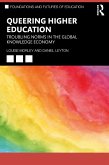
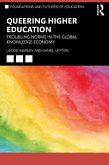
Broschiertes Buch
Troubling Norms in the Global Knowledge Economy
30. Dezember 2022
Routledge / Taylor & Francis
Ähnliche Artikel
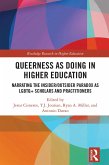
eBook, PDF
18. November 2022
Taylor & Francis eBooks
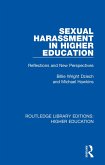

eBook, PDF
3. Juni 2024
Taylor & Francis eBooks
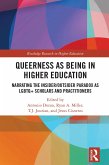
eBook, PDF
18. November 2022
Taylor & Francis eBooks
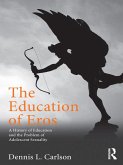
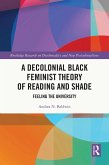
eBook, PDF
4. November 2021
Taylor & Francis eBooks
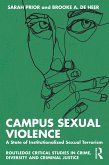
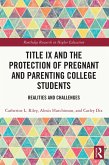
eBook, PDF
17. Mai 2022
Taylor & Francis eBooks
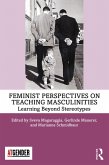
eBook, PDF
9. April 2019
Taylor & Francis eBooks
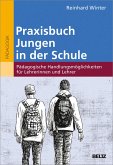
Statt 24,00 €**
21,99 €
**Preis der gedruckten Ausgabe (Broschiertes Buch)
inkl. MwSt. und vom Verlag festgesetzt.
Sofort per Download lieferbar
Ähnlichkeitssuche: Fact®Finder von OMIKRON
